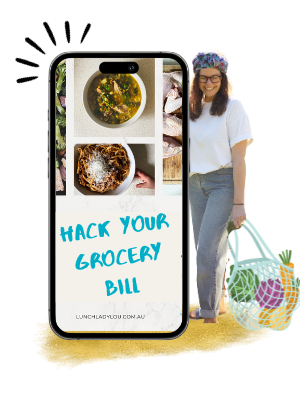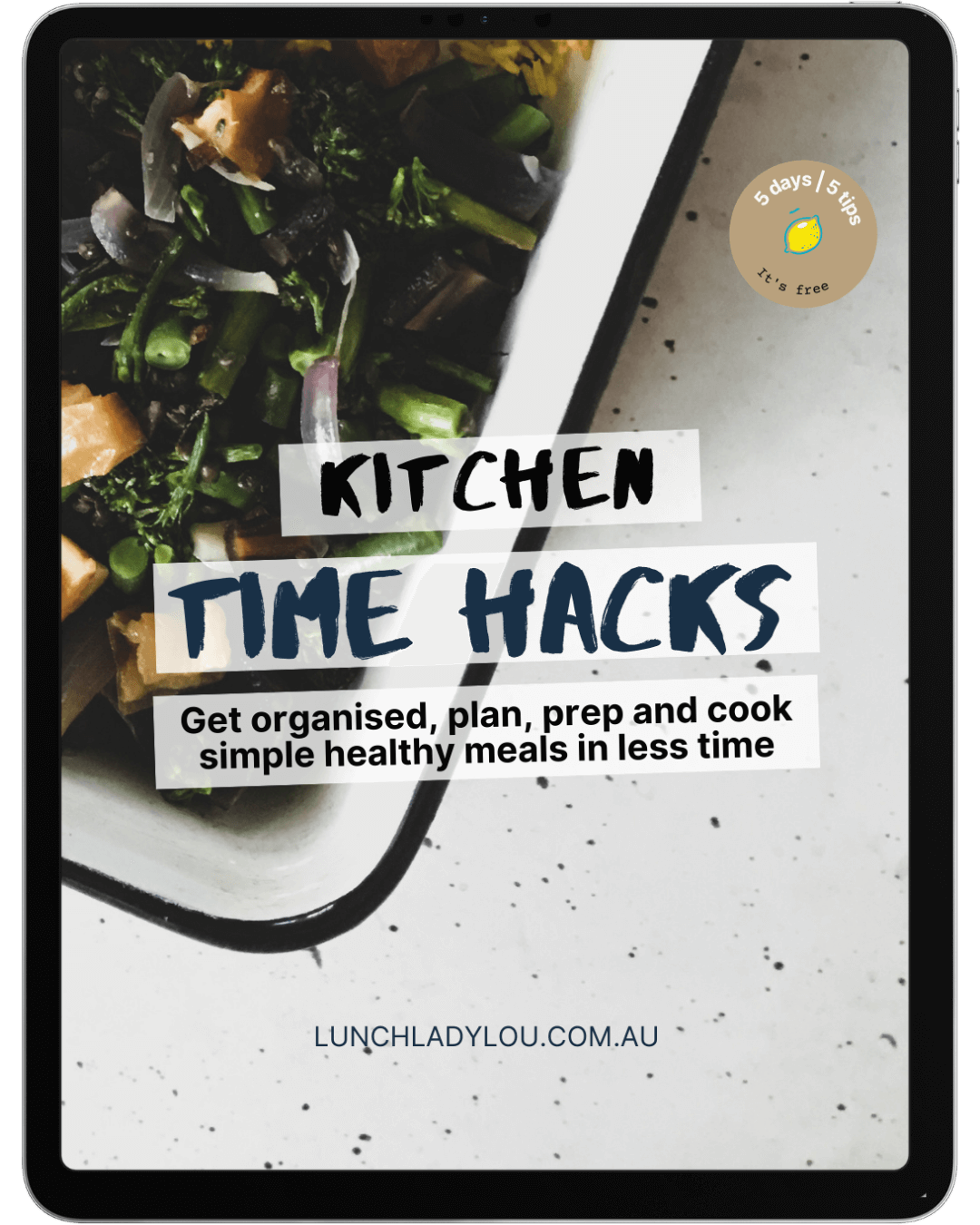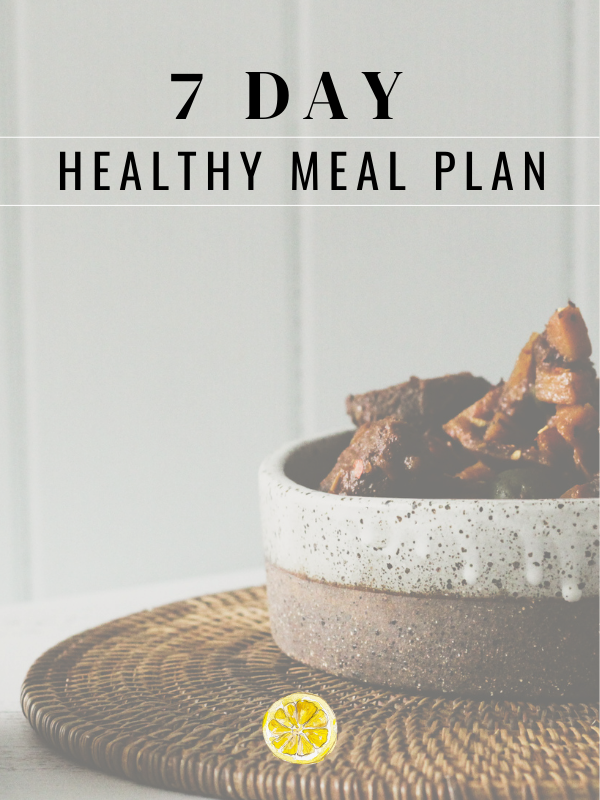
There’s no doubt that Eating with the seasons is fresher, tastier, cheaper and better for you.
And if you want to cook more at home, eat a healthier diet and get more flavour from your food. Eating fruit a fruit and vegetables that are in season is the way to go.
In Australia, cherries = Christmas. That’s when they’re in abundance. They’re beautiful, juicy, delicious and paired perfectly with a scorching hot day at the beach. Most of us would never think to buy cherries in June. Yet we don’t carry this thought process forward to apples, oranges, cauliflower or for the fair majority of other fruit and veggies we can find at the supermarket. It’s not really out fault either, when the food is *always* there, why would you think it wasn’t in season? But now that food can travel so very far to reach our shelves, it’s time to educate yourself of what fruit and vegetables are in season in your location.
As a side note – I know a lot of people talk about grocers or famers markets as being expensive. After 6 years of watching the price of every ingredient I’m interested in, I’ve noticed… the supermarkets really aren’t that much cheaper, quite possibly more expensive. Bombshell.
While I know that you beautiful people are scattered around Australia and the world. I can’t possibly provide a guide for each place – so this one falls on you.
-
Observe your farmers market, see what the farmers are selling. You can go buy it elsewhere if that’s what you feel comfortable doing.
-
Watch the prices and use your gut instincts. If the cauliflower is $9 – it’s definitely NOT in season.
-
Seasonal options are always the cheapest – unless of course, they are weather affected, which is just a part of nature.
the benefits of Eating fruit and vegetables in season to your local area.
Save money on your weekly grocery bill
Buying fruit and vegetables in season means there’s less middle men involved in getting you your food. It’s most likely travelled less km’s to get to you and this all helps to bring the price down. As a side note – if your cauliflower is costing you $8 a pop. It’s a good sign that it’s most likely not in season.
Your food will taste better
If it’s in season now, it’s probably just been picked. Which means your fruit and veggies will taste better and fresher. Older veggies = less taste.
Your produce will last longer
If it’s in season now, it’s probably just been picked. It hasn’t been hanging out in cool-rooms or cold storage for a year. Fresh fruit and vegetables can easily last 2 weeks if correctly stored in your fridge. If your fruit and vegetables are going bad days after you’ve bought them, it’s time to up your game and move onto a farmers market or produce store to shop.
You’ll feel connected to the seasons
You know how we all know that cherries are for Christmas? Well this kind of thing happens every month. Stone fruit is summer, citrus is winter and apples are autumn/winter. Eating this way then becomes a ritual. You eat all of the peaches, plums, nectarines and apricots is summer. Then you get to learning some preserving skills, so you can enjoy a little bit of summer sunshine in the dark depths of winter.
How and where to shop seasonally
Pay attention to the prices
Whether you know what day of the week it is or not, know your approximate prices for produce. Start by just simply paying attention, over time you’ll get a feel for the true price of things and observe their fluctuations throughout seasons and weather events. In season produce is significantly cheaper than out of season produce. I’m not saying to shop ‘cheap and nasty’ – but quality produce is definitely affordable if you’re buying the produce in season. A great example of this is Harris Farms Imperfect Picks section.
Shop at your local farmers market
Your famers markets has the goods. The produce was most likely picked days before and no farmer is into selling out of season fruits and vegetables. Shop at the markets regularly and you’ll be following the seasons like a pro. You’ll get excited when it’s time for the specialty mandarin guy to sell his new collection of citrus each year. I’ve paid attention to fruit and vegetable prices for years now and I have to say, the bigger supermarkets are not cheaper than farmers markets or fruit and veggie shops. According to my cooking class clients, their supermarket produce seems to spoil a lot faster too. We get our fruit and veg delivered by Ooooby who work with small-scale local farmers. It’s honestly some of the best produce ever. It’s picked from the ground on the weekend and it’s on my doorstep by Wednesday. The profits are split 50/50 with the farmer too, so it’s ethical and supporting small family businesses. PLUS it’s not that much more expensive than conventional, which I was excited to realise. Obviously some products are more expensive but weighing up the benefits that supporting small local businesses has on the community – to me, it’s a no brainer. I talk more about Ooooby over here and I have a discount code for you to try your first box with them.
Do some research, Google fruit and vegetables in season in your area, or if you live in Sydney read this list below. This list was curated by a few resources, including Sydney Produce Markets.
My favourite ingredients, equipment, products and courses.
A simple 7 day meal plan to get you started on your cooking journey.
FRUIT AND VEGETABLES in seasoN: summer
DECEMBER
|
FRUIT |
VEGETABLES |
|
|
january
| FRUIT | VEGETABLES |
|
|
february
| FRUIT |
VEGETABLES |
|
|
FRUIT AND VEGETABLES in seasoN: autumn
March
|
FRUIT |
VEGETABLES |
|
|
april
|
FRUIT |
VEGETABLES |
|
|
May
|
FRUIT |
VEGETABLES |
|
|
FRUIT AND VEGETABLES in seasoN: winter
june
|
FRUIT |
VEGETABLES |
|
|
july
|
FRUIT |
VEGETABLES |
|
|
august
|
FRUIT |
VEGETABLES |
|
|
FRUIT AND VEGETABLES in seasoN: spring
September
|
FRUIT |
VEGETABLES |
|
|
october
|
FRUIT |
VEGETABLES |
|
|
november
|
FRUIT |
VEGETABLES |
|
|




